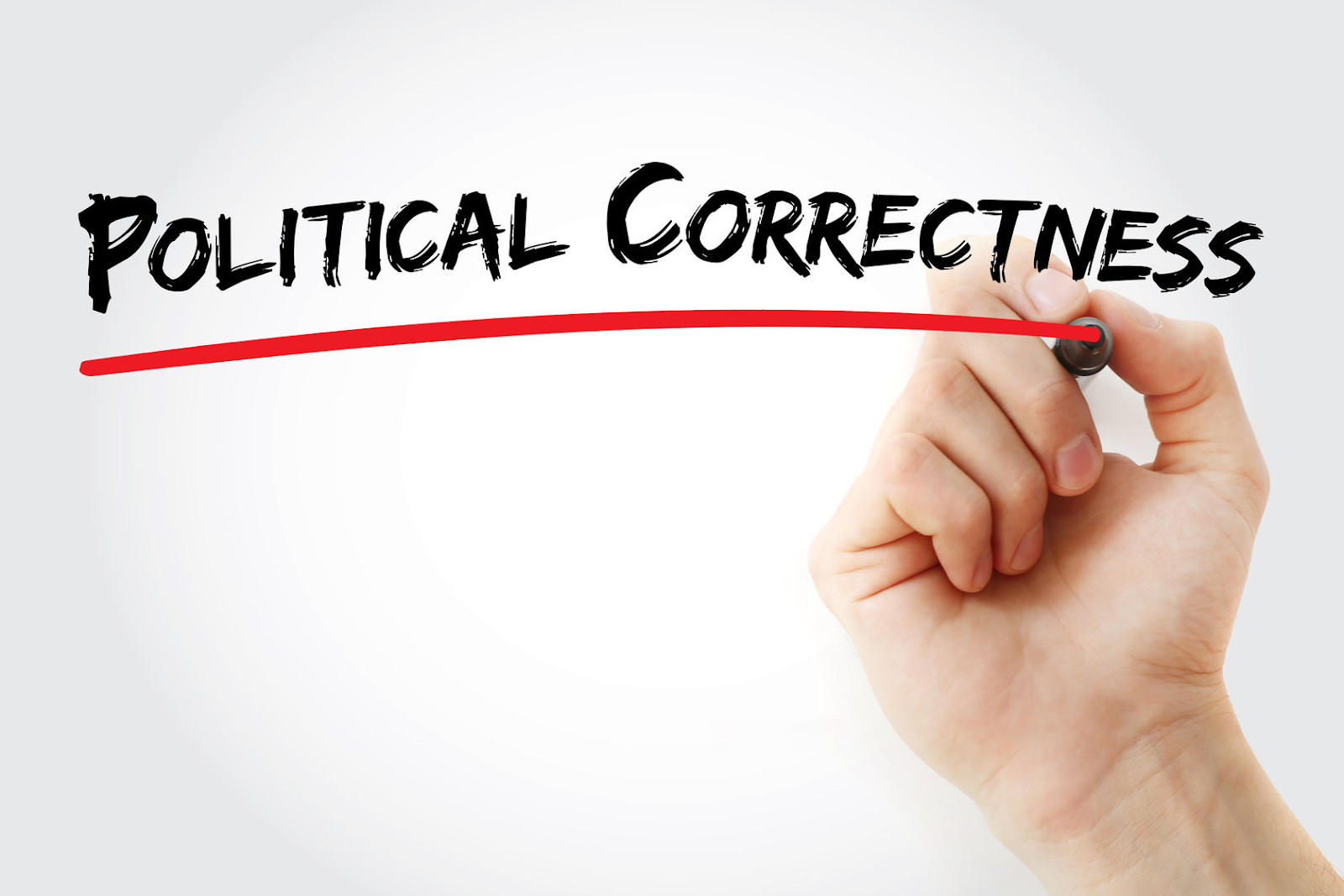“I don’t know what we’re fighting for. Not even a clue. I just want to go home.’’
“Starting a war is very easy. But to finish it — try that.’’
“This whole war is like a stagnant gonorrhea.’’
“They said the only way back to Russia is feet-first.’’
“If I’d known this would happen, I’d be damned if I’d sign up.’’
“Let Russia and the people of the world know what’s going on.’’
The above are a few excerpts from the film Russians at War, the subject of Canadian government efforts at suppression, as I have written about in recent posts. In today's edition of The Star, columnist Rosie DiManno writes:
There is nothing about the documentary “Russians at War’’ that glorifies, justifies or in any way spreads disinformation about the brutal conflict that President Vladimir Putin has inflicted on Ukraine for the past two-and-a-half years. And on his own citizenry.
What it does is humanize Russian soldiers. And that’s not a crime. Because it’s the young men and women who pay the price — in blood, in limbs blown off, in tens of thousands of lives lost — for the folly of one autocrat’s delusions of grandiosity.
Some of these fighters, most of them achingly young, are dead by the end of the two-hour-plus chronicle from Moscow-born, Toronto-educated filmmaker Anastasia Trofimova. From the rear to the frontline to the graveyard.
Despite the pressure exerted by Chrystia Freeland, who likely has not even seen the film, DiManno challenges the government position on it:
“Russians at War’’ is as far from propaganda — for which it stands accused — as any of the journalistic reportage and drone footage that has come out of the Ukrainian battlefield, showing devastated villages and ruined towns, the unforgivable handiwork of Putin’s unprovoked military assault.
“Russians at War’’ is a documentary that cries out to be seen. But now it won’t, not at the Toronto International Film Festival anyway, which on Thursday announced it was pulling — “pausing’’ — the Canada-France co-production, a flip-flop of its position from 24 hours previously, due to “significant threats’’ against festival operations and for public security. Is that all you have to do to bend someone, or some organization, to your will? By threatening to disrupt an event, even though neither TIFF nor cops have revealed the nature of those threats? Toronto police told the Star in a statement that TIFF organizers made the decision to send the film to Coventry “independently’’ and “not based on any recommendations from Toronto Police.’’
Indeed, there seems little basis for the official interdiction of the film:
Freeland’s office, in response to questions I sent, said “the government’s position is not about whether (the) film should have been made or whether people should watch it. Canadian public money should not be used to support the production or screening of media that attempts to whitewash Russia’s war crimes.’’
The question not answered: Has Freeland actually seen the film? The same query put to other prominent “Russians at War’’ bashers — Ukraine’s ambassador to Canada, the consul general in Toronto, Canadian senators, MPs and MPPs. None of whom responded to my emails and phone calls by deadline.
It has been said that the first casualty of war is truth, something the film tries to combat:
It serves the purpose of every side in a war to demonize the enemy. But Trofimova has tried, valiantly, to depict the humanity of the enemy, documenting in real time the sobering realities so poignantly rendered in classic movies such as “All Quiet on the Western Front’’ — the German remake of which won four Oscars last year.
Truth is something we should all aspire to, a daunting challenge in these days of social media, misinformation, and government messaging. The alternative, groupthink, is a willing suspension of critical-thinking, hardly a good fit for a healthy, thriving democracy.


